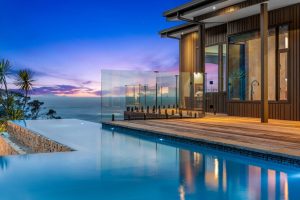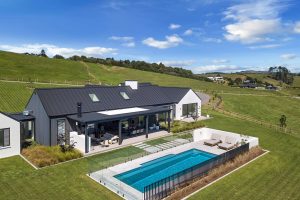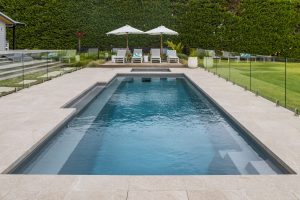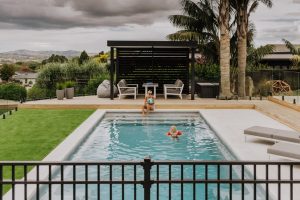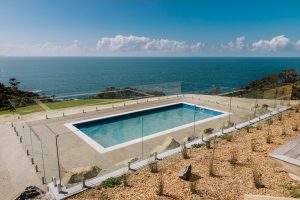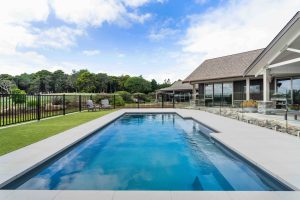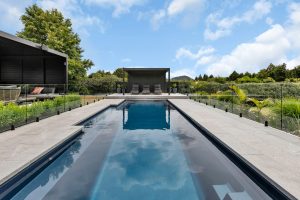Your Ultimate Guide to Choosing Pool Fencing in Northland and Auckland
Keep up with the latest trends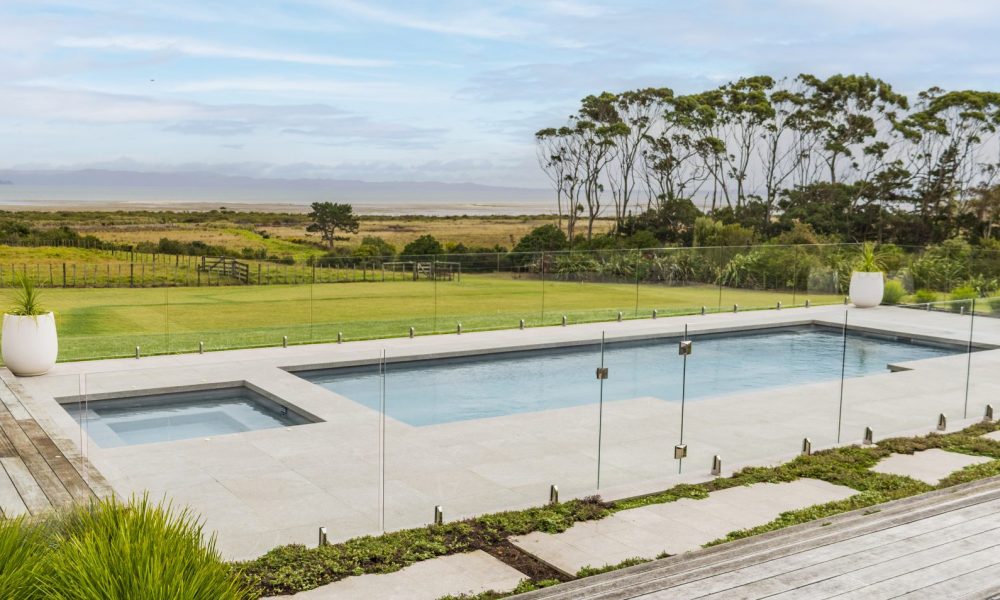
When it comes to ensuring safety around your swimming pool, choosing the right fencing is crucial.
In Northland and Auckland, where stunning beaches and sunny weather entice families to take a dip, pool fencing acts as a critical barrier to prevent accidents. In this ultimate guide, we’ll explore different types of pool fencing materials available in New Zealand, their pros and cons, and how local climate and environmental factors influence your choices.
Why Pool Fencing is Essential
Before diving into material specifics, let’s discuss why pool fencing is necessary. Under New Zealand law, any pool that can hold more than 400mm of water must be fenced. This regulation is in place to protect children and pets from drowning accidents. Additionally, a fence can enhance the visual appeal of your yard and provide a sense of privacy.
Types of Pool Fencing Materials
Glass Fencing
Pros:
- Aesthetic Appeal – Glass fencing offers a modern and sleek look that enhances the beauty of your pool area.
- Unobstructed Views – It allows for clear visibility of the pool, making supervision easier.
- Durability – Glass is resistant to rust and can withstand harsh weather conditions.
Cons:
- Cost – Glass fencing is often more expensive than other materials.
- Maintenance – While low maintenance, glass can require occasional cleaning to remove fingerprints and water spots.
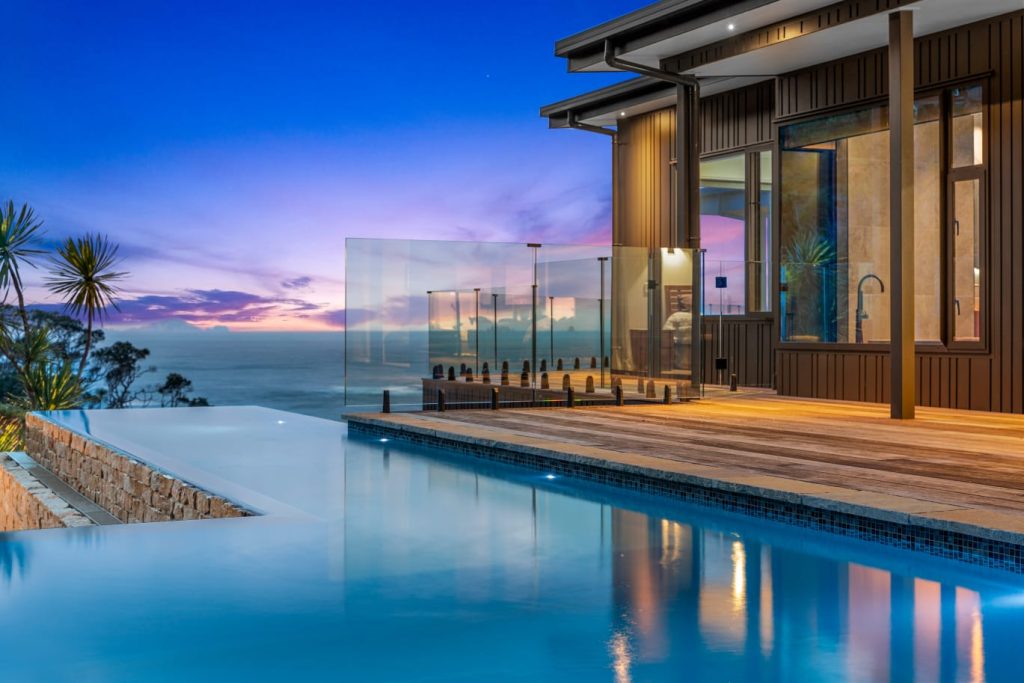
Aluminium Fencing
Pros:
- Rust Resistant – Ideal for coastal environments like Northland, aluminium does not rust, making it a smart choice for areas with high humidity and salinity.
- Variety of Styles – available in various colours and designs to suit your aesthetic preferences.
- Low Maintenance – Requires minimal upkeep compared to wood or other materials.
Cons:
- Strength – While durable, it may not be as sturdy as some other materials like wrought iron.
- Heat Conductivity – Aluminium can become hot to the touch in direct sunlight, which may be uncomfortable.
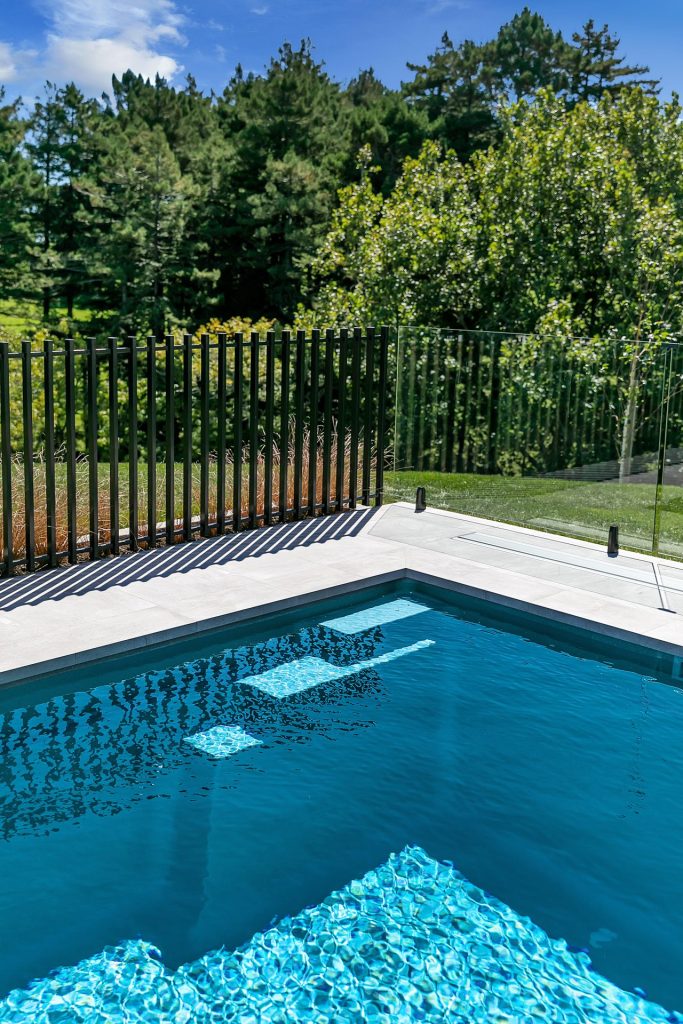
Steel Fencing
Pros:
- Robustness – Steel is durable and provides a solid barrier.
- Security – Hard to breach, making it a good choice if security is a primary concern.
Cons:
- Rust Potential – Unless properly treated, steel can rust over time, particularly in humid environments.
- Cost – Generally more expensive than wood fencing.
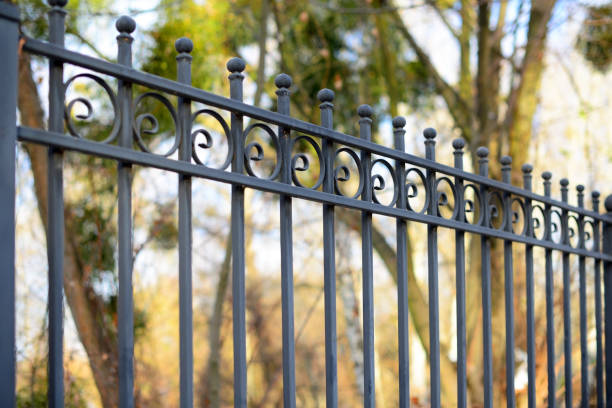
Timber Fencing
Pros:
- Natural Aesthetic – Creates a warm, inviting look that complements natural surroundings.
- Customizable – Can be easily painted or stained to match your garden or home.
- Affordability – Often more inexpensive than other materials.
Cons:
- Maintenance – Requires regular upkeep, such as staining and sealing to prevent rot and weather damage.
- Durability Issues – Timber can warp, crack, or get infested with pests if not properly maintained, especially in a humid climate like Whangarei.
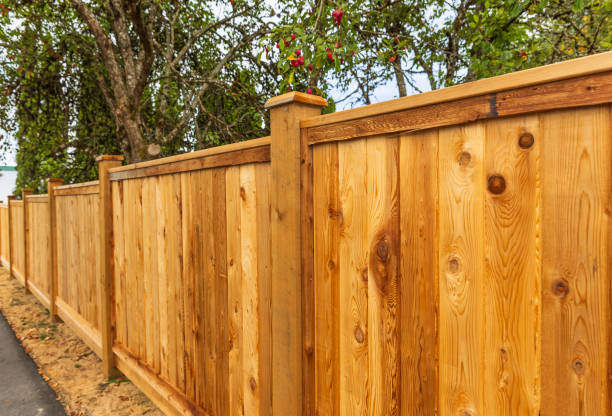
Factors Influencing Your Choice
Local Climate – Northland enjoys a subtropical climate with warm summers and mild winters. Consider materials that can withstand humidity and occasional storms.
Environmental Considerations – Living near the coast means higher exposure to saltwater, which can corrode certain materials. Opt for rust-resistant options like aluminium or glass.
Aesthetic Preferences – The look of your pool area should harmonise with your garden and home. Think about what style will best complement your property.
Safety Regulations – Ensure any fencing material you choose complies with New Zealand’s safety standards and regulations for pool fencing.
Maintenance Requirements – Assess how much time and effort you’re willing to invest in upkeep. Low-maintenance options are excellent for busy households.
Choosing the right pool fencing in Northland and Auckland is a crucial decision that impacts safety, aesthetics, and maintenance. By carefully considering the different materials available, their pros and cons, and how they align with the local climate and environment, you can ensure that your pool area is both beautiful and safe. Whether you lean towards the modern look of glass or the low maintenance option of aluminium, make your choice with confidence, knowing you’re contributing to a safer swimming experience for your family.
